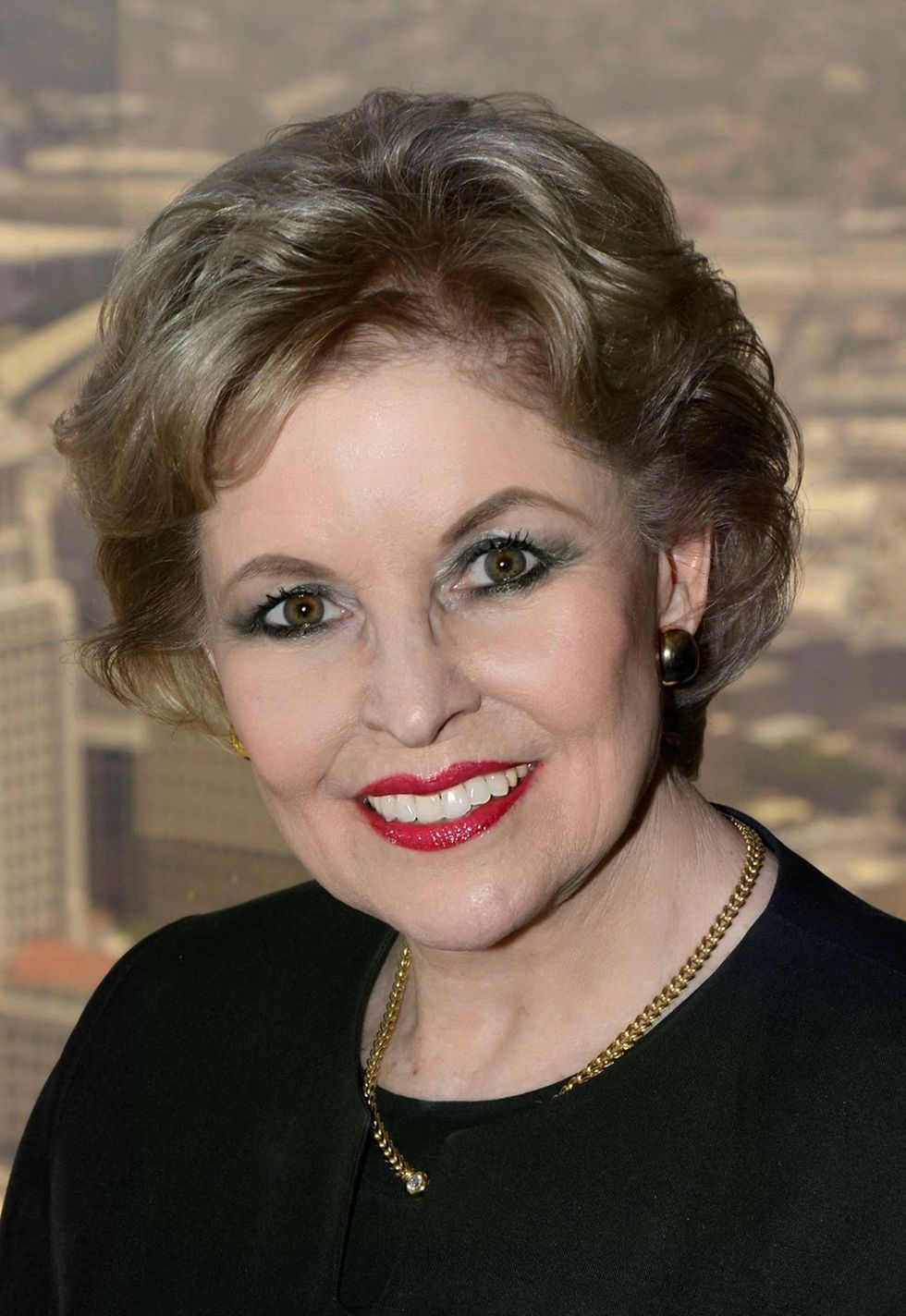600 California Companies Will Soon Need Female Boardmembers
Breanna de Vera is dot.LA's editorial intern. She is currently a senior at the University of Southern California, studying journalism and English literature. She previously reported for the campus publications The Daily Trojan and Annenberg Media.

There's about to be a slew of board level positions open for women this year.
Under California state law, public companies such as Warner Music Group must have three female board members, if their board has six or more members, by the end of the year. There are over 600 public companies in California that will need to fill a total of about 600 board seats with women, estimates Betsy Berkhemer-Credaire, chief executive of 50/50 Women on Boards.
"More women are getting on boards in the state of California now than ever before," said Berkhemer-Credaire, who was instrumental in pushing the 2018 state law.
The bill does not apply beyond California, but it's being noticed by corporate America, she said.
Of the 221 board seats at the 25 largest companies that went public last year, 64 of them were held by women, according to a study released last month by 50/50 Women on Boards. That amounts to 24% of all the board seats, and is almost a 2% increase from the previous year.
Only one company, a business analytics group from New Jersey, Dun & Bradstreet, had no female directors when it went public last year. Six other companies went public with only one woman on board.

Betsy Berkhemer-Credaire is the chief executive of 50/50 Women on Boards.
Though the gains appear small, it marks a 10% increase of female board members in the top 25 IPOs since 2015. The national average of women on boards across Russell 3000 companies — an index of the largest U.S. companies — is 22.6%.
In 2020, for the first time, IPOs did better than established public companies in terms of female representation on their boards.
Two of the 25 largest IPOs of 2020 were from Southern California — GoodRX and Warner Music Group. Both companies meet the bill's requirements, but Warner Music Group will have to make room for another female board member by the year's end in order to meet the requirement for this year. Neither of the companies responded for comment.
Berkhemer-Credaire said getting on a board depends on personal and business connections and relationships. Women in Los Angeles, she said, are at an advantage because there are so many promising startups and private companies that could go public.
"What's unique about Los Angeles is it is entrepreneurial. There are more opportunities to be on boards of private equity-owned firms that are pre IPO, or startups that are quite pre-IPO," said Betsy Berkhemer-Credaire, chief executive of 50/50 Women on Boards.
Berkhemer-Credaire said there have been a few similar laws in other states, which she characterized as "watered down" versions of California's bill. She doesn't expect any additional legislation to follow.
But late last year, Nasdaq filed a proposal with the Securities and Exchange Commission that would require all companies listed on its stock exchange to have a female director and a director that is LGBTQ+ or an underrepresented community within the next four years. Companies with five or fewer board members are only required to have one director from a diverse background.
California also passed another bill late last year that additionally requires a board member from an underrepresented community, "who self-identifies as Black, African American, Hispanic, Latino, Asian, Pacific Islander, Native American, Native Hawaiian or Alaska Native, or who self-identifies as gay, lesbian, bisexual or transgender."
Breanna de Vera is dot.LA's editorial intern. She is currently a senior at the University of Southern California, studying journalism and English literature. She previously reported for the campus publications The Daily Trojan and Annenberg Media.





 Image Source: Skyryse
Image Source: Skyryse